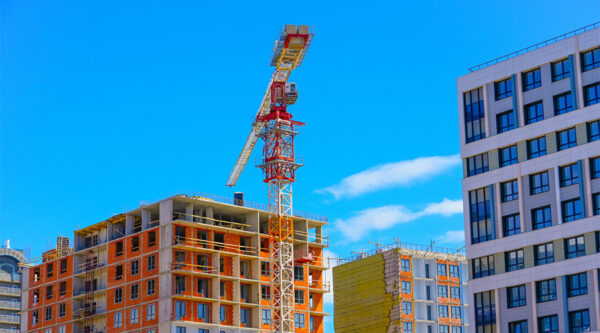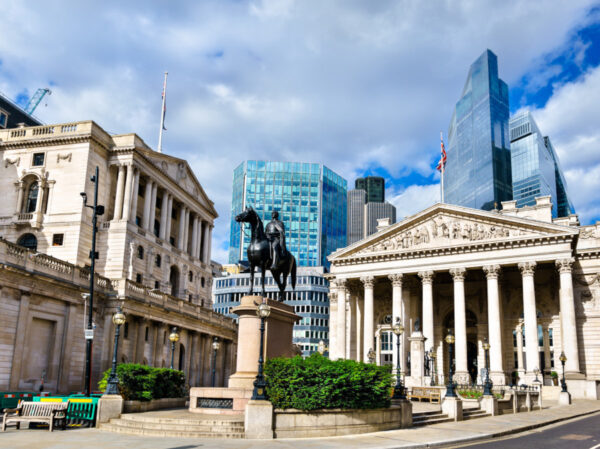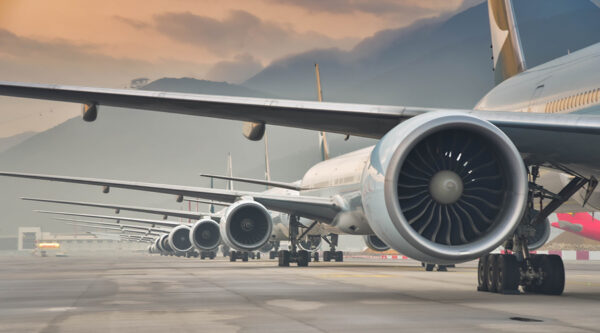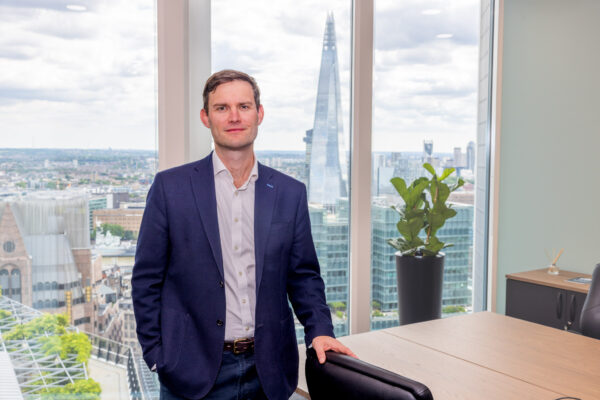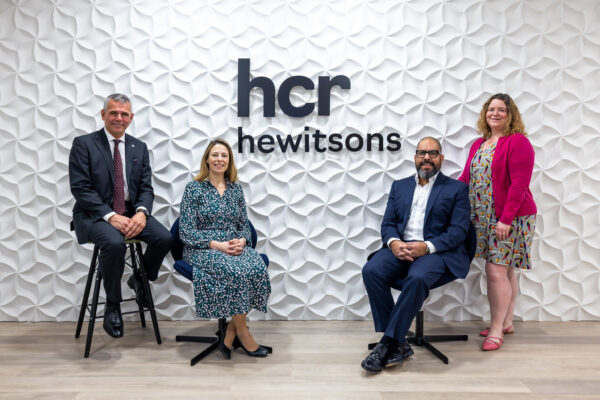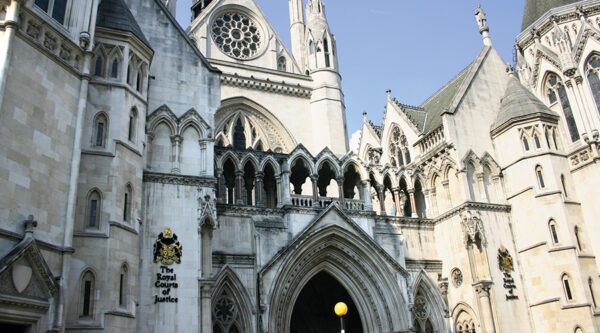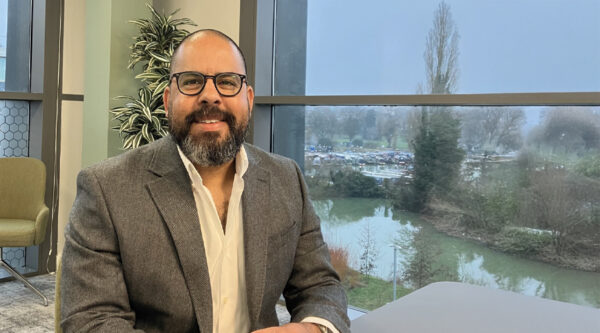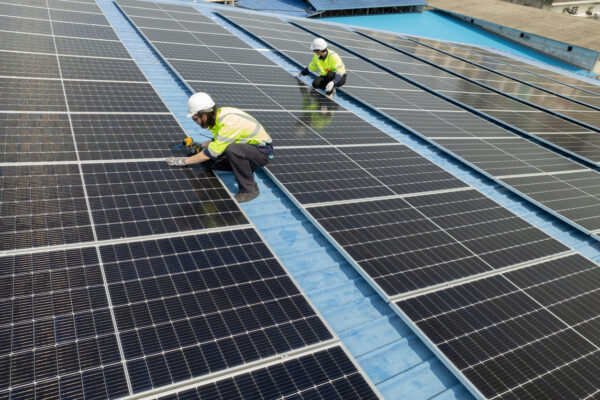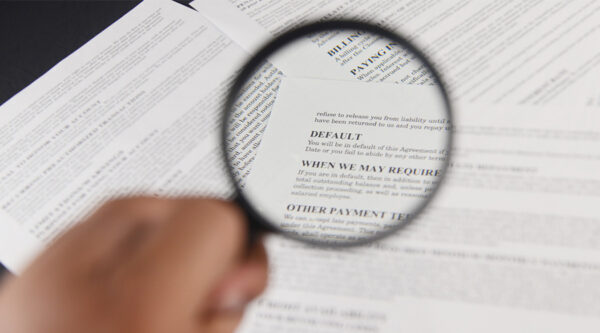
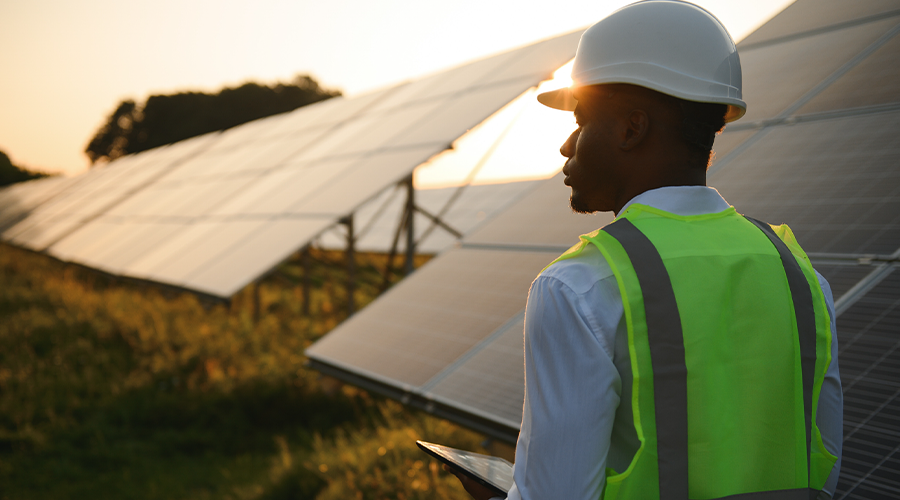
With a target deadline of 2030, there are only five years left to deliver and fulfil Mission 300 – the ambitious initiative of connecting 300 million people in Africa to clean, affordable and reliable electricity.
This international effort, which is being steered by the World Bank Group and the African Development Bank – as well as other partners including SEforALL, the Global Energy Alliance for People and Planet (GEAPP) and The Rockefeller Foundation – will combine increased infrastructure investments with comprehensive policy reforms across the entire electricity supply chain.
Who is driving Mission 300?
The World Bank Group (the Group)
Working in more than 170 countries and with partners in both the public and private sectors, the Group hopes to end poverty and tackle some of the most pressing development challenges by providing a wide array of financial products and technical assistance. The Group is also helping countries share and apply innovative knowledge and solutions to tackle intertwined development challenges.
For this initiative, the Group has committed up to $30-40bn.
The African Development Bank (AfDB)
AfDB acts as a catalyst for Africa’s development by mobilising resources, investing in critical infrastructure, supporting economic reforms and promoting sustainable and inclusive growth. AfDB does this by providing loans, grants and technical assistance to finance projects in sectors such as infrastructure (roads, energy, water), agriculture, education, health and industry and is actively involved in funding green energy projects, climate resilience programmes and sustainable agricultural practices.
AfDB has committed up to $18.2bn for this initiative.
What is the purpose of Mission 300?
The lack of access to electricity has created significant barriers to healthcare, education, productivity, digital inclusivity, resilience and jobs creation for nearly 600 million African people. By connecting people, businesses and economies to electricity, Mission 300 aims to transform lives, power hospitals and schools, create job opportunities and foster investment and trade.
What is required?
Mission 300 requires funding and expertise from all the stakeholders, the governments, the donor community, the development community and the private sector.
Valerie Levkov from the International Finance Corporation stated “providing patient equity or local currency financing or de-risking instruments” as examples of financial solutions being used:
“For patient equity, we need permanent capital vehicles to provide long term patient equity financing to private sector companies operating in mini-grids, solar home systems, clean cooking, and other solutions within the distributed renewable energy (DRE) sector. Such initiatives are essential to address the significant equity financing gap in this market today. By providing loans in local currency, we ensure that businesses are not adversely affected by exchange rate fluctuations, thereby promoting stability and growth in the local economy.
“[…] For de-risking instruments, the guarantees and risk mitigation tools are crucial in encouraging private sector investment by reducing perceived risk.”
Mission 300 projects
There are many projects across the region currently taking place: for example, Mozambique’s $5bn Mphanda Nkuwa hydropower plant, Zambia’s Accelerating Sustainable and Clean Energy Access Transformation (ASCENT) programme and Rwanda’s Energy Sector Results-Based Financing (FBR II) programme.
The federal government of Nigeria has established a high-level Compact Delivery and Monitoring Unit to oversee and coordinate the delivery of Mission 300 targets and is committed to bold reforms to expand energy access, scale up renewable energy and attract private sector investment.
With all that said, the initiative is not without concerns, with think tanks such as Power Shift Africa highlighting the need for the assets to be publicly owned to avoid the pursuit of investor profit rather than a common good.
Over the last couple of years, HCR Law has supported a number of stakeholders in the Mission 300 ecosystem in over 12 countries across the African continent.
To date, these countries include Nigeria, Ghana, Ivory Coast, Gabon, Rwanda, Egypt, Sudan, Kenya, Mauritius, Madagascar, Mozambique, Liberia, Benin and Ethiopia.
For the remaining years left to power through the mission, HCR Law can lend its expertise to funders (DFIs, Asset Managers and commercial banks), investors, sponsors, developers and governments in debt finance (Results Based Financings, bi-lateral and syndicated), equity financing, project financing, private equity, restructuring, corporate acquisitions and divestments (amongst other competencies).
Whether you are a lender, borrower, sponsor or other, our expert banking and finance team can assist in your project.

